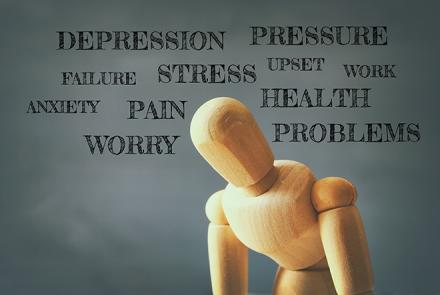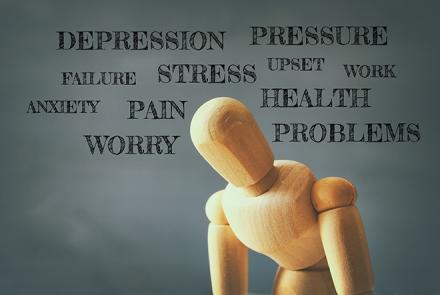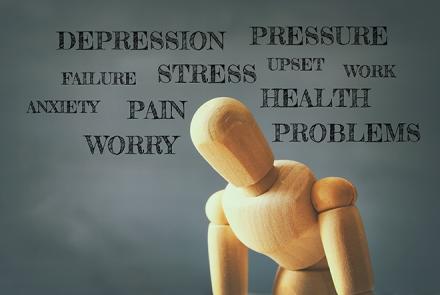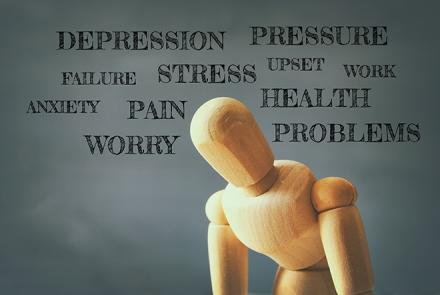Diet guidelines
Nutritionists advise on eating right as it increases energy levels, strengthens immunity and helps one feel better. Extreme diets should be avoided as they can worsen your symptoms. Eat a balanced diet that includes vegetables, grains, fruits, protein and dairy.
Certain foods can trigger symptoms or make them worse. Such foods are:
Fatty and fried foods
Monosodium glutamate (MSG)
Nutrasweet (aspartame)
Cigarettes or tobacco products
Things like alcohol, caffeine and sugary…
Latest Stories
- Chronic Fatigue Syndrome cannot be prevented but it can be managed and the symptoms can be treated. The best option is to eat a balanced diet, exercise regularly and meditate or do a fun activity to keep stress levels low.
- The prognosis and clinical course of the disorder varies considerably. Some patients don’t recover for years due to poor recovery and high relapse rates. Lower recovery rates and higher relapse rates are associated with those who have had CFS for many years. Children can also be badly affected. Ones who have mild-to-moderate symptoms are more likely than adults to go into remission. If left untreated, CFS can lead to social loneliness, depression, deconditioning (weakness due to inactivity) and…
- Fatigue with all of the following features: New or specific onset Persistent and/or recurrent Reduction in activity level Unexplained by any other conditions Post-exertional depression and/or fatigue (seen after 24 hours and with slow recovery time) One or more of the following symptoms: Muscle and/or joint pain at multiple places and without any inflammation Sleep problems such as insomnia, hypersomnia, unrefreshing sleep, disturbed sleep-wake cycle Painful…
- There's no single test to confirm a diagnosis of chronic fatigue syndrome. A variety of medical tests are done to rule out other health problems that have similar symptoms. CFS and Myalgic Encephalomyelitis (ME) Some people believe that CFS and ME are two separate conditions while others believe that the two conditions are the same but symptoms are different. Myalgic means muscle aches or pains and Encephalomyelitis is inflammation of the brain and spinal cord. When fatigue is the…
- What causes depression The exact cause of depression is not known. Any person can develop depression but some people are more prone to it. Depression can be triggered by life events such as relationship problem, illness, redundancy, work stress. It may also be caused by certain disorders of the thyroid and pituitary glands and hormonal disorders. Evidence from genetics, neuroscience and clinical investigations demonstrates that depression is a disorder of brain. Modern brain imaging…
- These are some common symptoms: Persistent sadness or low mood Marked loss of interest in normal activities Disturbed sleep Change in appetite Tiredness or loss of energy Slowing of movements Poor concentration Feeling of worthlessness Recurrent thoughts of death Related reading: 5 Overlooked Signs of Depression
- Types of depression Severity can vary from person to person. Severe depression is when almost all of the nine symptoms mentioned above are present. Symptoms will markedly interfere with your normal functioning. Moderate depression is when more than 5 symptoms mentioned above are present. Normal functioning is impaired between mild to severe. Mild depression is when 5 or fewer symptoms of those mentioned above are present. Normal functioning is mildly impaired. Complications of…
- Treatment varies based on the severity of Depression Severe or moderate depression Antidepressant medicines: These are commonly used to treat moderate or severe depression. Antidepressants can take 2-4 weeks before the effect builds up fully. The newest and most popular antidepressants are called selective serotonin reuptake inhibitors (SSRIs). The following are examples: Fluoxetine Sertraline Escitalopram Paroxetine Citalopram Psychological (Talking) Treatments Cognitive behavioural…












